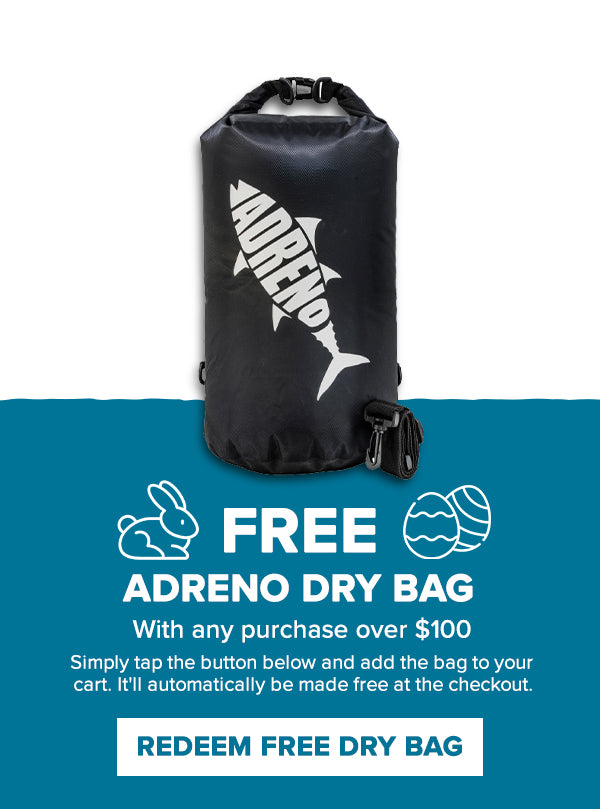How much does it cost to start Scuba Diving?
May 18, 2017 4 min read

To get involved with Scuba Diving you’ll need the following things to get you off the ground:
- Completed a PADI Open Water Dive course or equivalent
- Fins, mask and a snorkel
This gear includes:
BCD (buoyancy control device) Regulator and Occy (octopus) Tank / Cylinder First things first, before you go diving, you’ll need to complete the PADI Open Water Dive course. This course ensure you have the adequate knowledge and skill before you go out into the big blue on your own. The course consists of 3 main phases to get you prepared for exploring the ocean:
- ELearning
- Confined water dives
- Open water dives.

Over these 2-4 days you will be equipped with the skills required to dive safely. If you have adequate swimming skills and are in good shape all you’ll need to bring along is your fins, mask and a
snorkel and you’re good to go! PADI Open Water dive courses range from $499 - $649. Contact us to book in for your open water course today.
A mask, fins and snorkel are your bread and butter, you will need to buy your own and you can hire the rest of your gear if need be. We highly recommend not skimping on your mask as you are diving for the visuals and a good mask is critical to provide an optimal viewing platform. A mask that doesn’t fit correctly won’t only be annoying; it will case fogging and make the mask difficult to clear. Masks vary in price from $20 - $150 but don’t rush to chose your mask, try a few until you find the right balance of comfort and field of view.
In terms of fins, you’re looking for a mix of comfort and efficiency. An efficient fin that will allow you to propel yourself through the water with minimal effort is the end goal. There are two types of fins open heel and closed heel fins. Both have pros and cons, it really comes down to personal preference. Once again with fins, the best option is to try the fin on and find one that fits you best. Scuba fins come in a range of different styles with varying blade types and foot pockets priced from $50 - $250.
A snorkel is needed for safety in recreational diving, it makes it easier to breathe on the surface without lifting your head out of the water and to conserve energy and precious tank air when at the surface. Average snorkel price ranges between $15 - $60.
lifting your head out of the water and to conserve energy and precious tank air when at the surface. Average snorkel price ranges between $15 - $60.
The BCD (Buoyancy Control Device) is a wearable vest-like device, which allows divers to control their buoyancy by inflating or deflating the bladder. It allows you to float on top of the water, dive down to the bottom, or hover in the middle. BCD's are fully adjustable and can be bought in different designs and sizes. Prices vary from $395 - $1100 to purchase, alternatively you can hire a BCD before each dive.
The regulator is the device you breathe through, generally speaking, the better the regulator the easier it is to breathe and the higher the quality. The Occy or Octopus is essentially an alternative air source that can be used as a backup or offered to another diver if needed underwater. It is also a regulator, however it’s a backup regulator and isn’t to be used as a main regulator. You can also hire a regulator with dive computer from most dive centres.
Dive tanks are arguably the most essential part of scuba diving, however just like regulators and BCD’s they’re not essential to own as they can be easily hired. If you did want to purchase a tank/cylinder it will cost around $475 - $850. Once you’ve purchased your tank, air refills are about $5-$20.
A dive computers main purpose is to tell you; where you are now, how long you have been there, how much longer can you safely stay? This translates into depth, elapsed dive time (EDT), and no decompression limit (NDL). All dive computers have these features, when you’re starting out its best to find a computer that’s easy for you to understand without having to waste time staring at it to try and work it out (most dive computers are set up this way). Dive computers range in price from $300 - $1500 depending on what additional features you’re after, if you want to hire a regulator set with computers cost varies from $25-$40 for the day.

Other pieces of equipment you can hire are:
- Boots
- Weight belt
- Wetsuits
- Full Set (Regulators, Computer, BCD, Tank, Weights)
- Full Package (Full Set + Mask, Snorkel, Fins, Boots, Wetsuit)

If you’re getting serious about diving and thinking about purchasing gear you’ll need to remember that to ensure you’re 100% safe every time you go diving, you should get your gear serviced every 6-12 months or every 100 dives. This is a rough guide and will vary depending on the supplier. Make sure you check your supplier’s warrantee conditions for the servicing frequency, as this may. Typically, most dive servicing companies offer a 90-day service guarantee and should only take about 5 days to have your gear back to you.
So if you’re looking to get into diving, all you need to spend is between $85 – $460 on a mask, fins ad snorkel. Whichever way you choose to go whether it be to purchase or hire dive equipment, it’s important to remember the gear is there for your safety and comfort underwater, so it’s important not to cut corners to ensure you have a sick dive experience.


